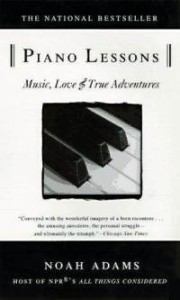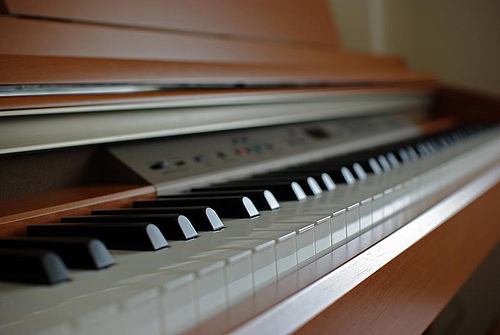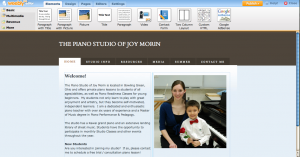 Have you ever visited a website and been completely overwhelmed with the amount of information, ads, links, and CLUTTER? Have also you ever visited a website and been impressed by the graphics and the ease with which you could find information? This post is going to offer some tips for organizing and effectively communicating value through your studio website.
Have you ever visited a website and been completely overwhelmed with the amount of information, ads, links, and CLUTTER? Have also you ever visited a website and been impressed by the graphics and the ease with which you could find information? This post is going to offer some tips for organizing and effectively communicating value through your studio website.
Studio Websites: A Necessity
Having a website is an important part of studio marketing. In a world where the internet is now the first place parents turn for business information rather than the phonebook, teachers need to maintain an online presence. The good news is, it’s a pretty affordable and easy way to market yourself as a piano teacher (see the resources section below) — definitely more affordable than an ad in the Yellow Pages! Continue reading “Studio Marketing: Communicating Value Through Your Website”


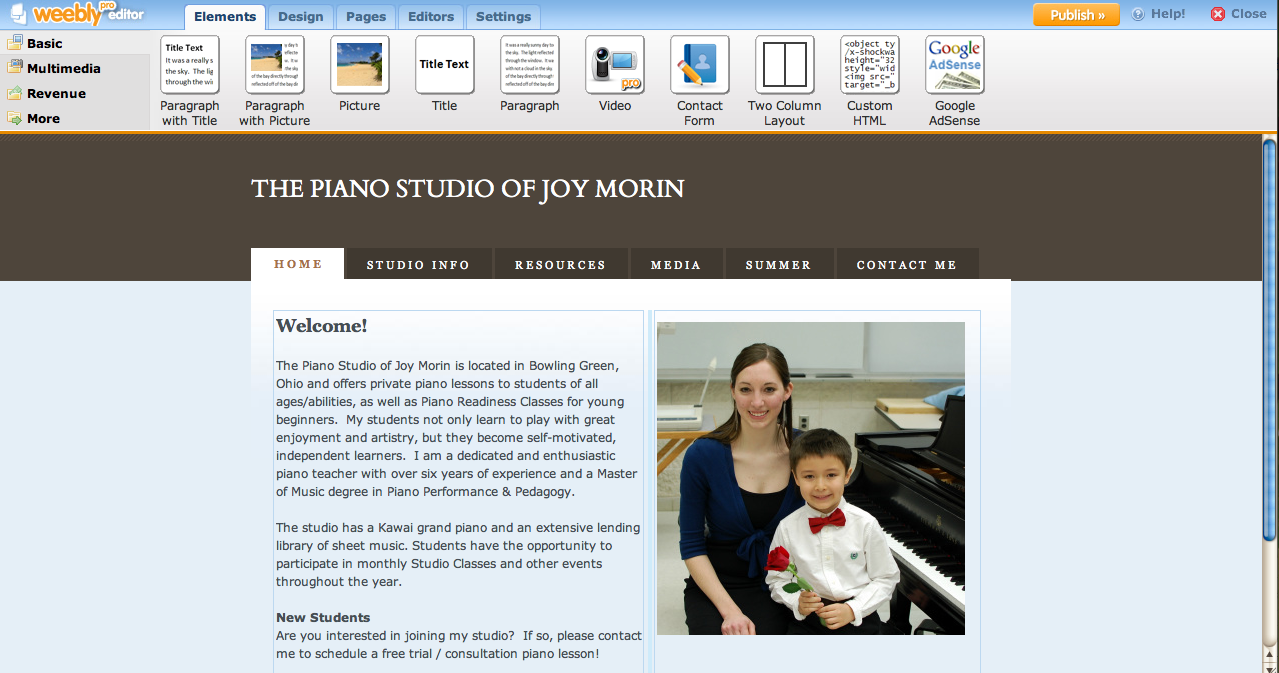


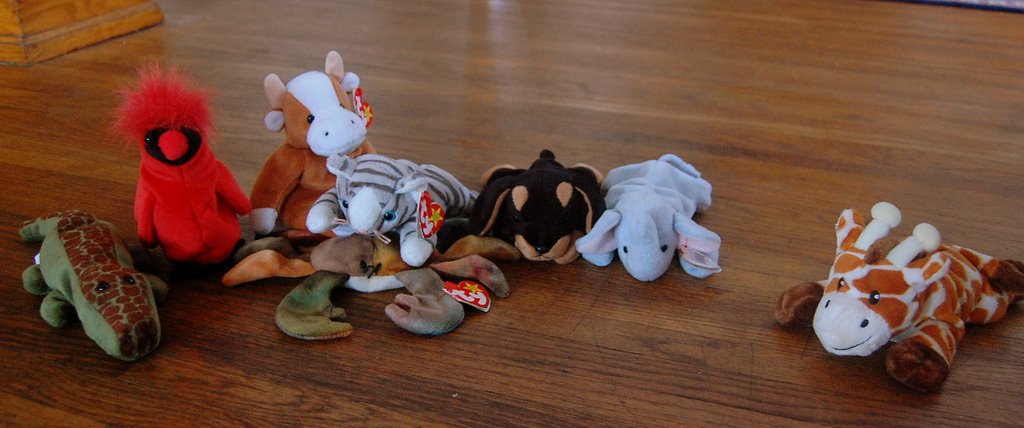

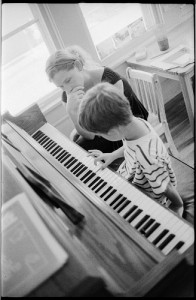




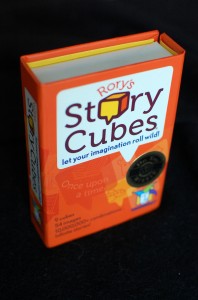



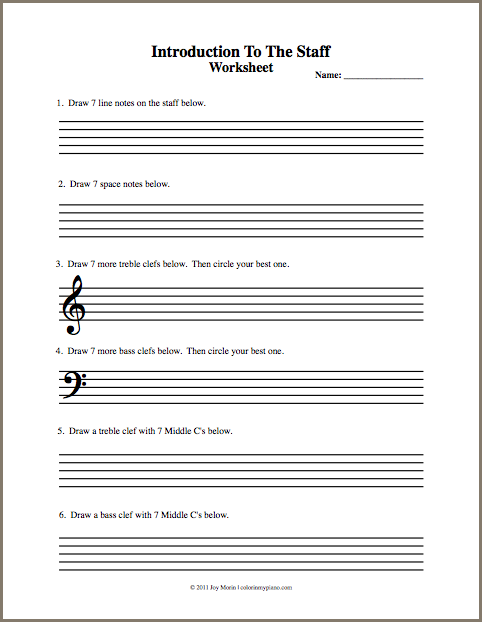
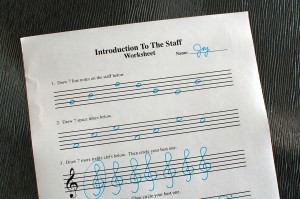 A new worksheet has just been added to the
A new worksheet has just been added to the 
